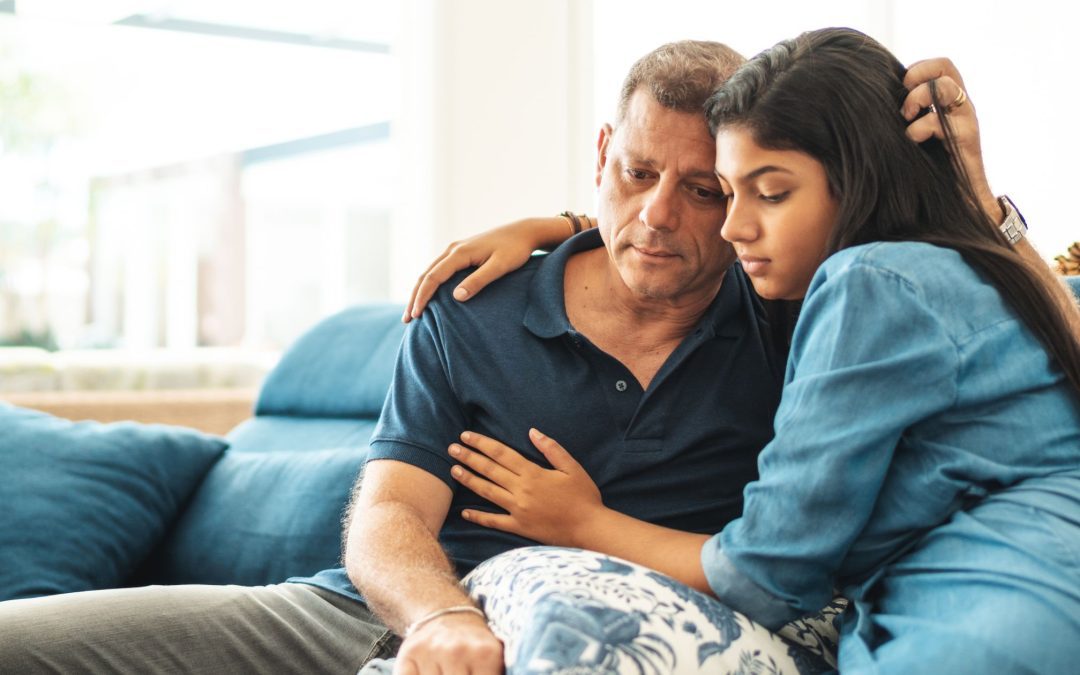Navigating alcoholism can feel lonely and isolating. It is common for those suffering from this disease to lose loved ones, which can make it difficult to receive support.
It is common for those in recovery to find that their recovery circle is incredibly supportive of their pursuit of a healthier lifestyle. To prevent relapse, friends and family often support their loved ones during treatment and recovery.
For those going through treatment and hoping to remain in recovery, staying connected to loved ones is often crucial to their success. In order to sustain their sobriety, loved ones can stay connected to them in many ways during this time.
The importance of connection
As with other lifelong diseases, Alcohol Use Disorder requires long-term treatment to manage. It is also considered a family illness, since those closest to the one suffering usually experience the consequences as well.
In addition to accountability (both to yourself and others), support systems are essential for a successful recovery.
Group accountability
To sustain recovery, group accountability is a key resource. There are resources available, such as Alcoholics Anonymous, Group Therapy, and staying in touch with family and friends.
In order to stay sober, you need to stay connected and ask your family and friends for support. This helps establish strong, healthy bonds that bring individuals joy, while also allowing for transparency in relationships. By remaining accountable to others, you can offer support, guidance, fun, and understanding during the intimate recovery process.
Ways to stay connected
You don’t have to feel overwhelmed or complicated to stay connected to your loved ones during recovery. During recovery, it is crucial to an individual’s well-being, but it should also be a source of joy and hope.
The key to remaining sober is consistency, regardless of which method(s) you choose.
Here are some ways to stay connected to loved ones during recovery:
- Phone or video calls
During recovery, it’s important to stay connected with family and friends by scheduling phone or video calls. Having a scheduled call may be the best way to stay connected and consistent during treatment and recovery.
Individuals who are physically distant from their support group can also benefit from using phone or video calls. Distance should not equate to minimal support, and thanks to modern technology, individuals are able to contact their loved ones from anywhere during their recovery.
- Text and email
It can be intimidating to speak with a friend or family member over the phone or via video call, especially if one’s AUD has caused rifts in their social circle.
Many find that staying in touch via text message or email is a helpful alternative to calling. It allows for a connection without the stress and anxiety that comes with receiving an immediate response.
With text and email, you have more time to respond, can share photos or videos, and can be spontaneous. Individuals separated by a significant time difference or without family nearby can also benefit from these avenues.
- Plan sober activities
Planning sober activities with loved ones is a great way to stay connected during recovery. Many find physical activity enjoyable such as hiking or taking an exercise class together. However, sometimes as simple as a coffee date can bring people closer and deepen connections which were lost during addiction.
By making time for these activities, the person in recovery has something positive to look forward to and can also learn how to socialise without alcohol, and may be less likely to relapse.
Having people by your side makes everything in this life easier, including the tribulations of recovery.



